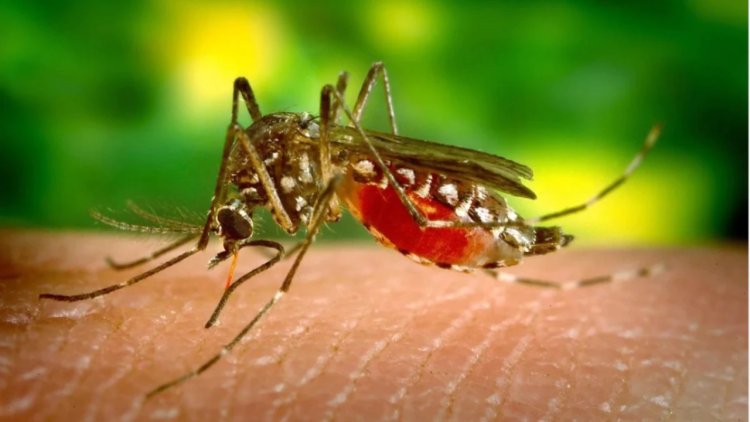Dengue fever is caused by the dengue virus, transmitted primarily by Aedes mosquitoes, particularly Aedes aegypti. The disease manifests with a range of symptoms including high fever, severe headache, pain behind the eyes, joint and muscle pain, rash, and mild bleeding. In severe cases, it can lead to dengue hemorrhagic fever or dengue shock syndrome, both of which can be fatal without timely medical intervention, says Dr Hariharan.
Tamil Nadu, with its tropical climate, is particularly vulnerable to vector-borne diseases like dengue, which tend to spike during the monsoon season due to the accumulation of stagnant water, providing ideal breeding grounds for mosquitoes, he adds
In response to the alarming rise in dengue cases, the Tamil Nadu state health department has rolled out a series of special preventive activities aimed at controlling the mosquito population and raising public awareness.
Weekly Activities
Tyre Removal Campaign: Discarded tyres are notorious for collecting rainwater, creating perfect breeding sites for Aedes mosquitoes. The state health department has initiated a tyre removal campaign every Thursday, focusing on eliminating these potential mosquito habitats from public and private spaces.
Aedes-Free Campaign in Educational Institutions: Schools and colleges have been identified as key areas for intervention. Regular inspections and clean-up drives are conducted to ensure that these institutions remain free of mosquito breeding sites.
Hospital and Health Facility Checks: Both government and private hospitals, along with Primary Health Centers (PHCs), are under strict surveillance to ensure that their premises are free from mosquito breeding grounds. These institutions are critical in preventing the spread of the disease within the community.
Government Building Inspections
Routine inspections are also carried out in government buildings, including offices and residential quarters, to ensure compliance with dengue prevention protocols.
Public Awareness Campaign
The government is actively engaging with the public through various media channels to educate them about the importance of maintaining clean surroundings, avoiding water stagnation, and seeking early medical help if symptoms of dengue are observed.
Coordination with Local Bodies
Local bodies, including urban and rural civic authorities, are collaborating closely with the state health department to implement these preventive measures at the grassroots level. This includes ensuring proper waste management and drainage systems to prevent the accumulation of stagnant water.
Despite these efforts, the control of dengue remains a significant challenge. The state’s dense population, rapid urbanization, and environmental factors make it difficult to completely eliminate mosquito breeding sites. Moreover, the asymptomatic nature of many dengue cases means that the actual number of infections may be higher than reported, complicating efforts to track and manage the disease.
To strengthen the fight against dengue, there is a need for continued public cooperation, enhanced surveillance, and possibly the introduction of newer technologies for mosquito control, such as the use of biological agents to target mosquito larvae. Vaccination could also play a role in the future, although it is currently not widely available.
- Tags:


0 Comments:
Comments